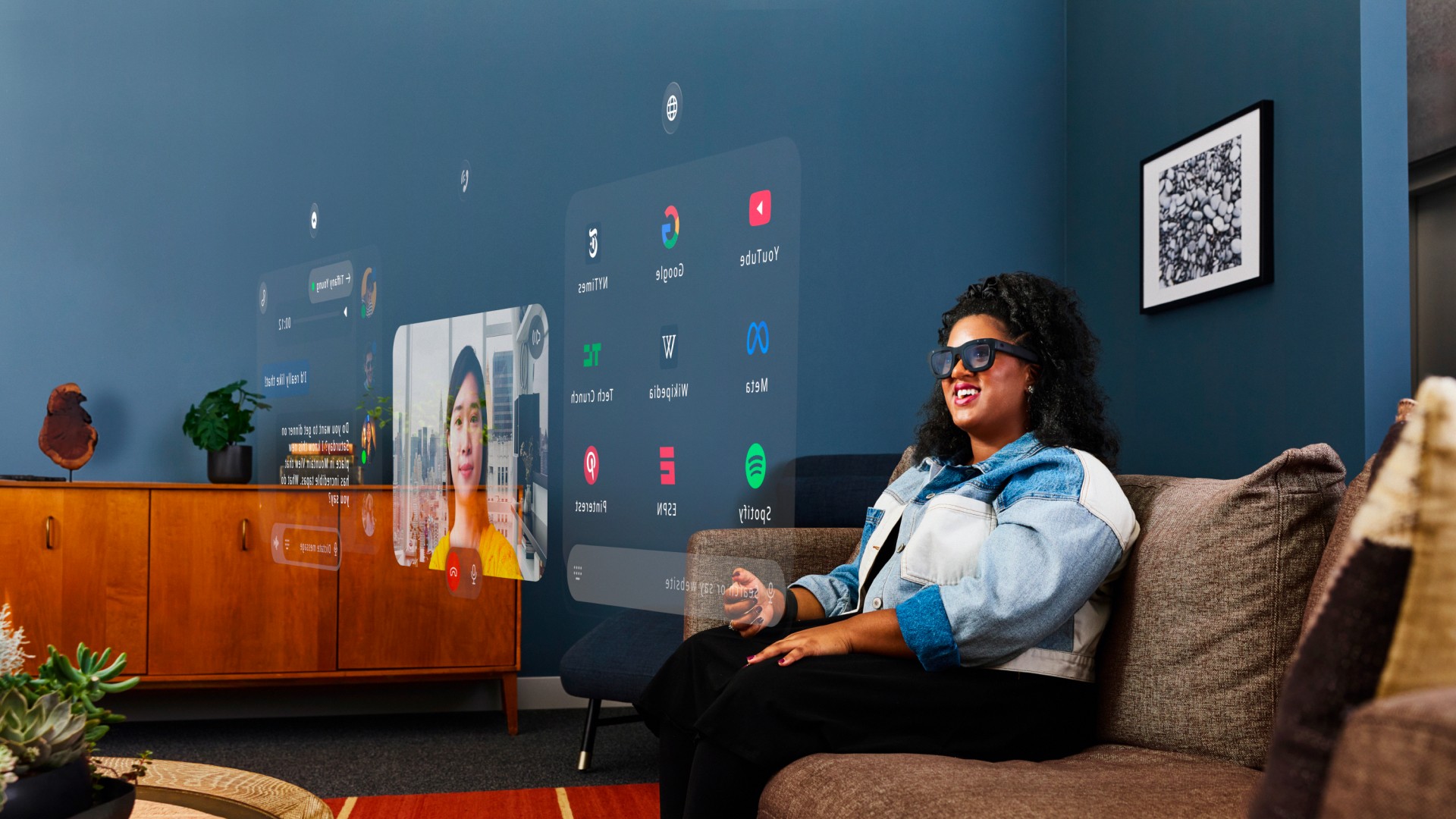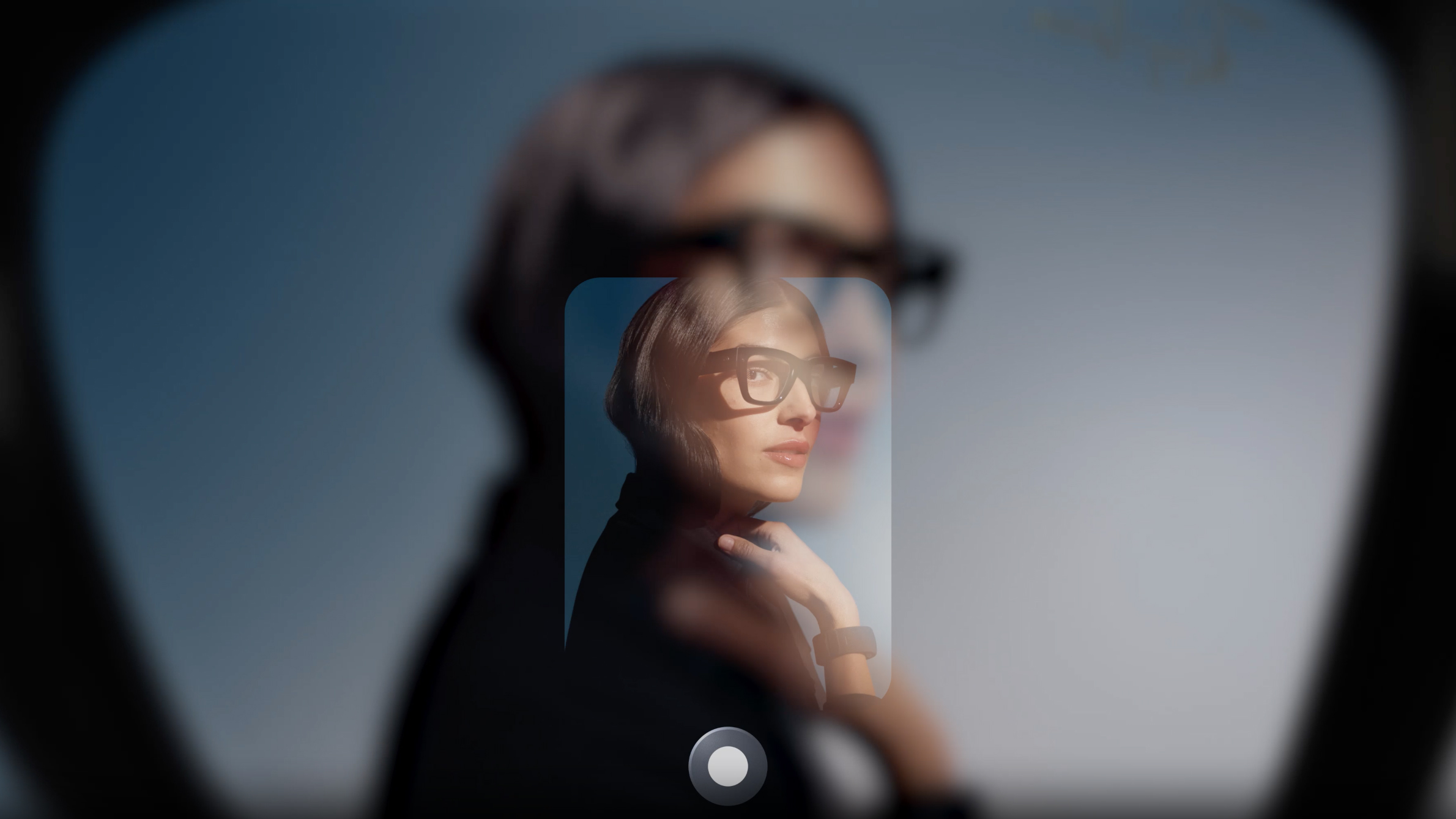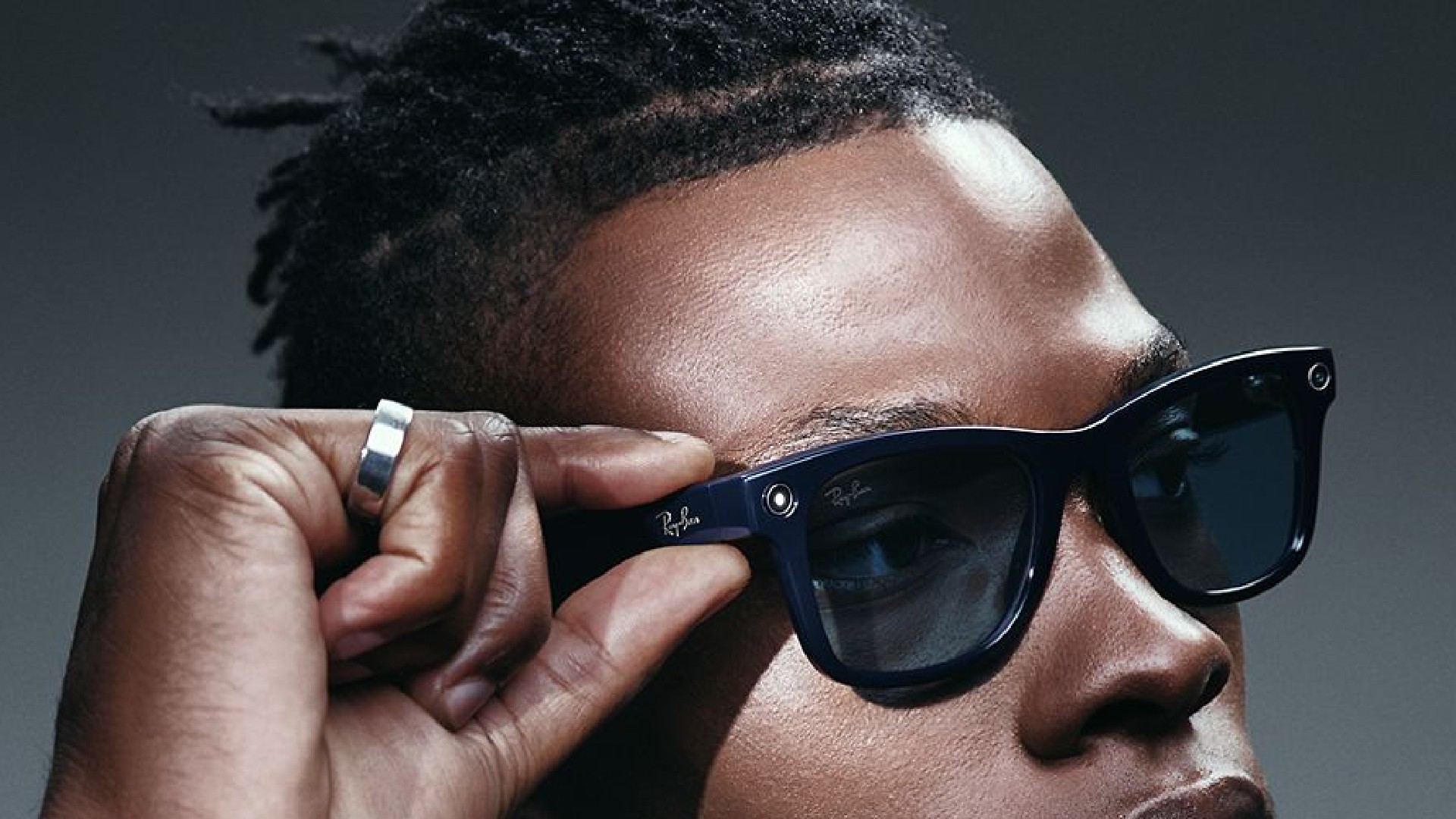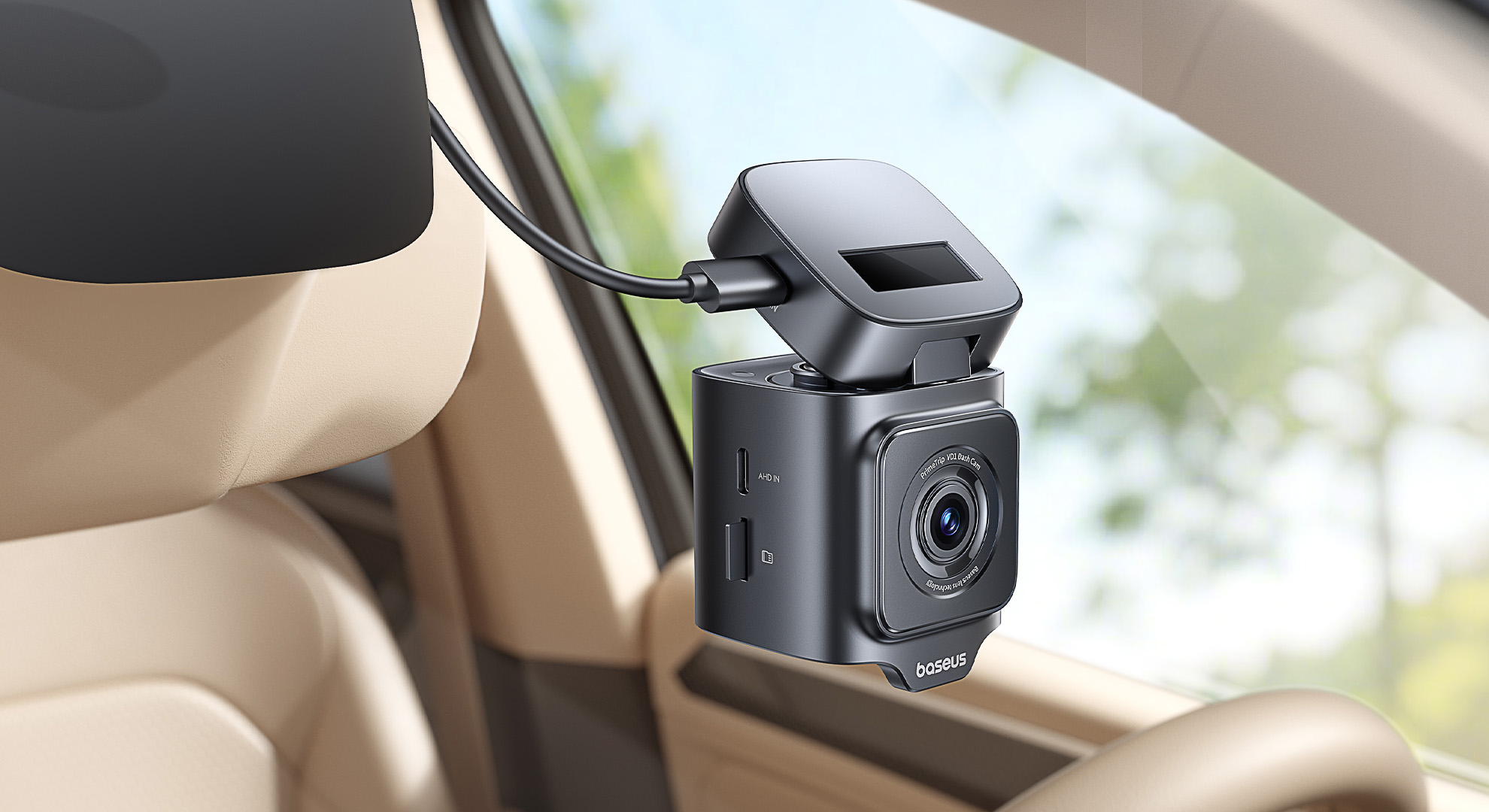
I woke up this morning with that queasy feeling you get after a bad dream. But this wasn't your typical nightmare about going to work without trousers on, or being chased by an axe murderer. No, this was about a future where we're all trapped behind screens we can't take off.
I'm talking about AR camera glasses. Because, in case you hadn't heard, it looks like they're about to become a thing. Meta's latest Ray-Ban Display glasses were on show this month, and they look damn impressive. After years of clunky prototypes, they've finally cracked it.
Why would you want such a thing? Well, imagine turn-by-turn directions floating in your peripheral vision: brilliant. Being able to spot that specific lens filter on a crowded B&H shelf, just by glancing in the right direction? Game-changer. Reading texts without having to look down at your phone? Sign me up.
But at the same time, there's a nagging feeling at the back of my mind. This all reminds me of smartphones circa 2007.

Back to the future
Remember when the iPhone launched and we all thought "neat gadget, but I don't really need one"? Back then, having a smartphone was a luxury: a cool party trick for early adopters with too much money. You could live a perfectly normal life with a Nokia brick and nobody batted an eyelid.
Fast-forward 18 years and try existing without one. Go ahead, I dare you.
Want to park in most cities? You need an app. Want to check your bank balance? The branch closed three years ago – app only. Want to buy a train ticket? Machine's broken, use the app. Want to pay for coffee? They don't take cash any more. Want to prove you're vaccinated, verify your identity or access your boarding pass? App, app, app.
The best camera deals, reviews, product advice, and unmissable photography news, direct to your inbox!
This is exactly what keeps me awake at night about AR glasses. Not the technology itself – that's genuinely impressive – but the inevitable creep from convenience to necessity.
Fear of the 2040s
In my nightmare, it's 2044. I'm trying to order coffee, but the barista is staring through me with that glazed look we all recognize now. She's not seeing my face; she's seeing my digital overlay, complete with my order history, dietary preferences and social credit score. Oh, and the menu isn't on a board; it's floating in mid-air, invisible to anyone not wearing AR glasses.
I reach for my wallet, but there's no register. Payment happens automatically through my glasses, except I'm not wearing any. "Sir, you'll need to put on a pair of guest glasses to complete your transaction," she says, pointing to a grimy set by the door; like the dodgy sports kit your teacher kept for kids who'd forgotten to bring their bag.
Later, I meet friends for lunch. We're all physically present, but it feels like nobody's actually there. They're watching Netflix recommendations scroll past as I try to tell them about my recent surgery. One friend's eyes light up – literally – as she gets a notification. Another is making tiny finger gestures, liking posts while nodding sympathetically at my story.
When we take a group photo, I see what they see: my face has been replaced by a slightly slimmer, ten-years-younger version with perfect teeth. The restaurant background has been swapped for some tropical beach. Nobody remembers what anything actually looked like any more.
The worst part? Walking the streets, everyone's heads are held high, but their eyes are dead. They're not looking at architecture, or people, or the sky. They're staring at floating screens, following AR breadcrumbs to the next algorithmic suggestion. Street photography dies because nobody notices the world anymore – it's all been replaced by their personalized digital layer.
Path well trodden
Will this actually happen? Maybe not exactly like this, but the pattern's already established. Every convenience technology follows the same path. Luxury becomes expectation becomes dependency becomes mandatory participation.
We told ourselves social media was just for keeping in touch with old school friends. Now it's how employers vet candidates and how businesses reach customers. We said smartphones were just convenient gadgets. Now they're essential tools for accessing the basics of life.
And AR glasses? Well, don't say I didn't warn you.
You might also like…
Want to disconnect from the digital nightmare? Check out the best film cameras and the best instant cameras.
Tom May is a freelance writer and editor specializing in art, photography, design and travel. He has been editor of Professional Photography magazine, associate editor at Creative Bloq, and deputy editor at net magazine. He has also worked for a wide range of mainstream titles including The Sun, Radio Times, NME, T3, Heat, Company and Bella.
You must confirm your public display name before commenting
Please logout and then login again, you will then be prompted to enter your display name.


